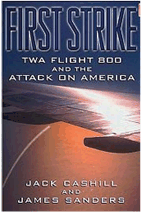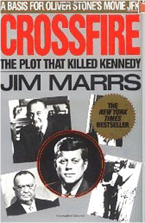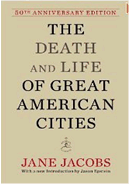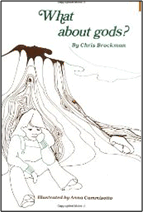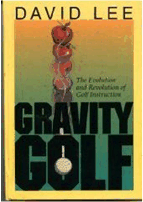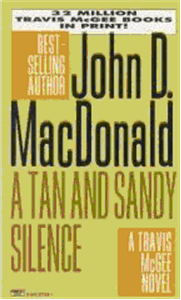Book 17 of the Father Koesler series packs a wallop in the realms of ecclesiastics, ‘whogonnaduit,’ and why — by William X. Kienzle
Review by Brian Wright
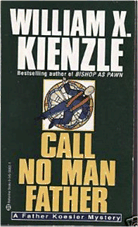 It’s been quite some time since I’ve picked up a Kienzle/Koesler mystery. Frankly, I cannot remember whether I’ve read the noted original in the series, The Rosary Murders, which was made into a movie starring Donald Sutherland (as Detroit Priest Father Koesler). But I have a special connection to the author through a sister-in-law who actually worked for him when he was a parish priest at one of the old Catholic churches in Detroit.
It’s been quite some time since I’ve picked up a Kienzle/Koesler mystery. Frankly, I cannot remember whether I’ve read the noted original in the series, The Rosary Murders, which was made into a movie starring Donald Sutherland (as Detroit Priest Father Koesler). But I have a special connection to the author through a sister-in-law who actually worked for him when he was a parish priest at one of the old Catholic churches in Detroit.
A few years ago I read a biography of Mr. Kienzle by his widow Javan, Judged by Love. It was truly a touching memoir and really gave an insight into the man… who had been a priest (one of the good ones) and later left the priesthood because of the Catholic Church’s refusal to remarry divorcees. The person of the good priest is Father Koesler, more or less an alter ego for Mr. Kienzle. Continue reading

